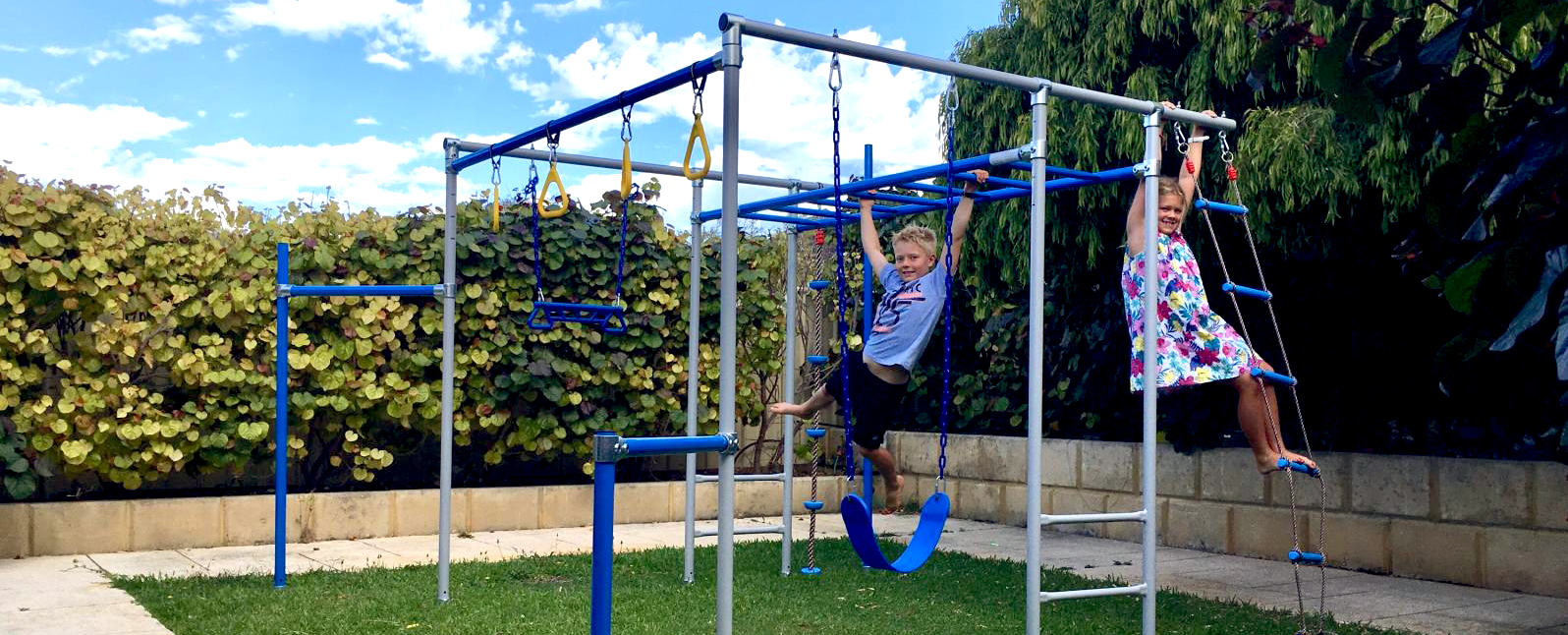An active lifestyle and healthy diet are both essential components for growth and development during childhood. Nutrient-rich food plays an important role in physical and mental development. A healthy diet during childhood not only contributes to maintaining a healthy weight (along with an active lifestyle), it also establishes good eating patterns which continue into adulthood.
Unfortunately, nutrient deficiencies can happen during childhood when diets include too many foods high in sugar, salt and fat. Usually these come in the form of treats such as take away foods, lollies, chocolate, chips and soft drinks. Too much of these empty calorie foods push out healthy foods such as fresh whole foods and increase the risk of long-term health consequences.
Sometimes nutrient deficiencies come from fussiness, or may go unnoticed. There are some signs that can indicate a poor diet, including:
- Weight issues (overweigh or underweight)
- Changes in bowel habits such as constipation
- Tooth decay
- Growth problems
- Pale complexion
- Fatigue
Some children may develop poor eating habits due to sleep issues, difficulties at school or behaviour and emotional problems.
The Causes of Nutrient Deficiencies
Often nutrient deficiencies occur due to inadequate intake of vitamins, minerals or fibre. This is usually due to a lack of whole foods such as vegetables, fruits and whole grains. Getting enough fibre in the diet is important to keep digestion healthy and support the immune system. A lack of fruits, vegetables and whole grains can result in a low-fibre diet which causes constipation and increases the risk chronic diseases later in life.
Vegetables and fruit are also great sources of vitamins and minerals. To ensure that your child gets a variety of nutrients, include a wide range of colourful fruits and vegetables in their diet. Five serves of vegetables and two serves of fruit per day is a good goal, however, do not worry if this is not achieved every day.
What is a Serve?
It may be confusing to know exactly how much a serve of fruits or vegetables are. Below are some examples:
Vegetables:
½ cup of cooked vegetables
1 cup of raw salad or leafy greens
½ cup cooked peas, lentils or beans
½ a medium-sized potato
½ sweet corn
Fruit:
1 medium sized apple, pear or banana
1 cup canned fruit (sugar free)
2 small plums, apricots or kiwi fruit
Junk Food
Everyone enjoys a treat occasionally. However too many discretionary foods or drink can take the place of nutritious foods and result in deficiencies. Junk foods are high in sugar, salt and/or saturated fat, and low in fibre. Usually these foods and drinks are high in kilojoules (energy) and so are referred to as “nutrient poor” and “energy dense” foods.
Children who consume too many discretionary foods have an increase risk of obesity, type 2 diabetes, nutrient deficiencies and other chronic diseases. By reducing the amount of junk food offered to children and avoiding using them as rewards, you can develop healthy eating habits that will continue into adulthood.
Health Diet and a Healthy Lifestyle
Healthy food for kids is essential to the growth and development of a child in combination with an active lifestyle. Children can benefit the most from a good diet and regular outdoor play. A safe area to encourage a healthy lifestyle can be very beneficial. Monkey bars for kids are a great way to encourage outdoor play, benefiting from an active lifestyle while having fun. For more information about quality-made Australian monkey bars for kids contact Growplay monkey bars to order your set today.




